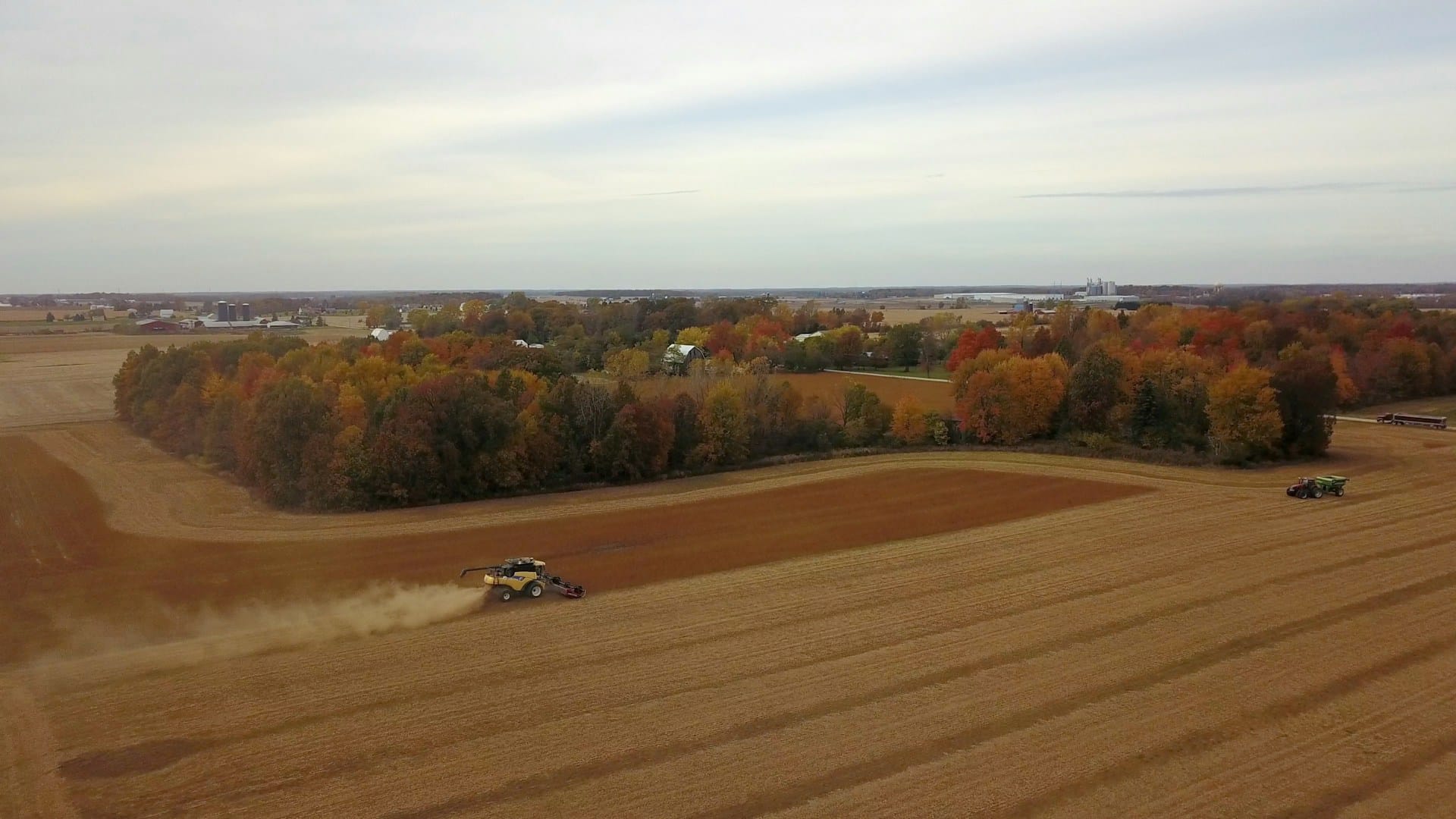Long time readers of our Weekly Wastebasket know Taxpayers for Common Sense (TCS) has never seen a holiday or other celebration we couldn’t parody. For Halloween we wrote about “Fiscal Frights and Delights”. A couple of weeks ago, we celebrated a TCS “Day of the Dead”, recounting the dearly departed federal programs that we hope will stay deader than dead.
Thanksgiving, that Big Kahuna of American holidays, is just around the corner. It’s so big we’ve decided to double down and do back-to-back Wastebaskets. This week, we’re focusing on the “turkeys”; these are federal programs that are useless, wasteful, have outlived their time… you get it. Big, fat turkeys. Next week we’ll focus on those issues and programs for which we give thanks.
Drumstick, er, drumroll please! Our Taxpayer Turkeys:
The SHIPYARD Act – As we wrote when this bad idea first reared its head in the Spring, we don’t doubt that the nation’s public shipyards are rundown and in need of money to deal with rising sea levels attributable to climate change. And $21 billion of the $25 billion would go for those types of repairs to the public yards. What we do object to is $4 billion of the money going to some of the nation’s most financially successful corporations to perform maintenance that is the responsibility of those private companies. And we also object to the “emergency” designation of the program, meaning that the money won’t “score” on the budget… but it’ll still add to the deficit as well as the generous Pentagon topline. There’s much more to dislike than to like about sending a shipload of money to these shipyards.
Farm Subsidies – Speaking of shiploads of money: the farm bill. It contains so many turkeys it’s hard to keep count. The last bill contained $2 million for the Sheep Production and Marketing Grant Program plus unlimited crop insurance subsidies even for millionaires. There are literally subsidies for turkeys, too. The most recent? U.S. Department of Agriculture’s (USDA) Pandemic Livestock Indemnity Program (PLIP) – created for swine, chicken, and turkey producers due to COVID-19 challenges – not to be confused with LIP, a different Livestock Indemnity Program from the farm bill.
45Q – Formally known as the carbon capture and sequestration credit, 45Q is a tax break that can be claimed for capturing carbon oxide that would otherwise be released into the air. With an expected cost to taxpayers of more than $2 billion over the next decade, the reconciliation bill would expand the existing credit further. However, despite expensive research and development, captured carbon is still most commonly used as an injectant to juice out the last bit of black gold from oil wells. Eleven out of 12 carbon capture projects in the United States are enhanced oil recovery projects. Moreover, 45Q has been greatly abused. In 2020, the Treasury Department’s Inspector General for Tax Administration found that just ten taxpayers claimed over $1 billion under 45Q from 2010-2019, or 99 percent of total credits claimed. However, the large majority did not comply with Environmental Protection Agency (EPA) credit requirements. Instead of giving out generous tax credits for capturing carbon that is primarily used to produce more oil, susceptible to fraud and abuse, and costly for taxpayers, eliminating it and putting a price on carbon instead would better serve taxpayers.
Oil and Gas Industry Tax Preferences – The century-old oil and gas policies that still haunt our tax code are certainly old enough – and wasteful enough – to receive turkey status this year. Tax deduction policies like Percentage Depletion Allowance (PDA), which allows independent oil and gas producers to deduct 15% of their revenue before taxes are calculated, and Intangible Drilling Costs (IDCs), which enable oil and gas producers to fully expense (deduct) costs like wages, fuel, and drilling site preparations, lose taxpayers billions every year. Other tax preferences, such as the last-in, first-out (LIFO) accounting gimmick, let oil and gas companies record misleading costs to keep their taxable income even lower. The time has come to clean up the code and prioritize taxpayers over oil and gas companies’ top lines.
Hardrock Mining Royalty – What we had hoped would be a nice Halloween treat has turned into a fat Thanksgiving turkey. The October 28th Rules Committee version of the Build Back Better bill included provisions to finally start collecting revenue for taxpayers on hardrock mineral production from federal lands. But, just one week later, the hardrock provisions were removed from the bill. The legislation would have established a 4% royalty on gross income for new hardrock mining activities and a 2% royalty for existing operations. Instead, the millions in annual subsidies to the hardrock mining industry through a 0% royalty rate will continue.
Arctic National Wildlife Refuge Lease Sale – On January 6, 2021, the Bureau of Land Management (BLM) offered a lease sale of 22 parcels of land in the Arctic National Wildlife Refuge (ANWR), totaling over 1 million acres, for oil and gas development. When Congress authorized the sales, taxpayers were promised $905 million in revenue. Instead, total revenue from the auction was less than 1% of that, with only $8.2 million in revenue going to federal taxpayers. TCS was not surprised. Back in 2017, we estimated that taxpayers could only expect about $9-$14 million from oil and gas leasing in ANWR. What does surprise us is that oil and gas leasing in the Arctic Refuge is still on the table. The leasing program in the Refuge started in the 2017 Reconciliation bill and for taxpayers’ sake, we hope it ends there this go-around.
These and other turkeys keep gobbling up your tax dollars. As budget watchdogs, we’re here to chase down those turkeys.











Get Social